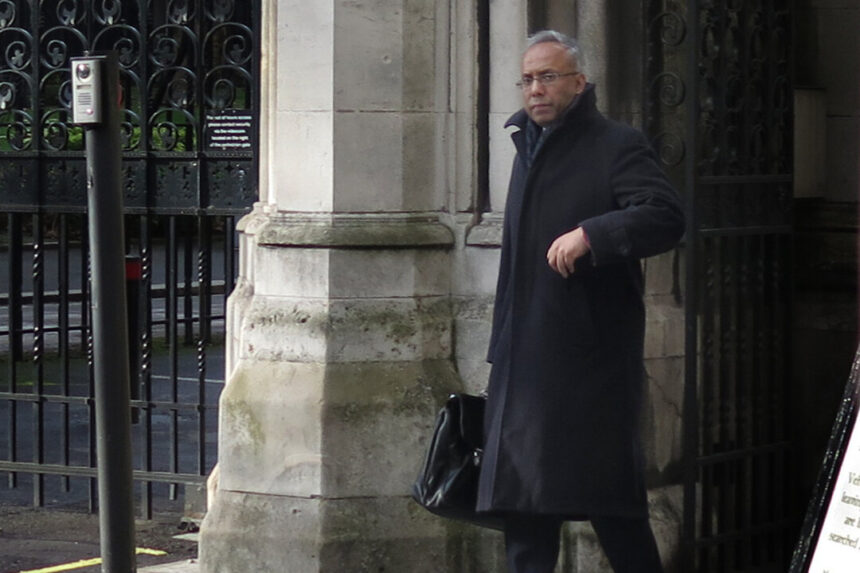An investigation of Tower Hamlets revealed a “toxic” culture and a decision-making clique centered around Mayor Lutfur Rahman, who had been previously banned from holding office. Government officials will now step in to supervise the operations of the council in east London, known for its history of corruption.
The inspection uncovered significant shortcomings in Tower Hamlets, with decision-making being controlled by a close inner circle surrounding the controversial mayor, Rahman, who established his own party, Aspire, after being removed by the Labour Party. Covering areas like Bethnal Green, Bow, Stepney, and Whitechapel, the borough has a substantial Bengali population, including Rahman himself, who was first elected as a Labour mayor but later returned in 2022 under Aspire’s banner, now leading the council.
Rahman’s disqualification from public office stemmed from a 2015 High Court ruling that exposed his victory in the 2014 election as a Labour candidate through “corrupt and illegal practices,” such as falsely painting his opponent, John Biggs, as a racist and engaging in grant allocation that amounted to bribery. Additionally, Rahman has been tied to an Islamist extremist group, the Islamic Forum of Europe, in a Channel 4 “Dispatches” documentary, prompting allegations from the local Labour MP, Jim Fitzpatrick, of infiltration within both the council and the Labour Party. The ex-solicitor has consistently refuted accusations of extremism, and no legal charges have been filed against him. He was permitted to run as a mayoral candidate in 2022 once his disqualification expired. However, the former Conservative government initiated an investigation into the council in February due to concerns about its practices and resource management.
In a statement on Tuesday, Minister Jim McMahon highlighted serious issues identified by inspectors in their report, indicating that the council is failing in its duty to provide value for taxpayers. The inspectors noted leadership deficiencies, lack of cooperation among political parties, and a culture of mistrust leading to high turnover in top management. Governance quality was compromised by a weak scrutiny culture and inadequate challenge to the executive.
The inspectors also found a lack of trust throughout the organization, resulting in decisions influenced by a small group of the mayor’s associates. The council was described as having a toxic culture by many staff and partners. Despite some improvements in the past two years, the inspectors remain skeptical of the council’s ability to self-improve. Minister McMahon proposed appointing ministerial envoys to mentor the council and oversee its improvement initiatives.
The council expressed its commitment to working with the government for continuous improvement and welcomed the decision to appoint envoys instead of commissioners. They look forward to collaborating with the new government and the envoy to enhance their services for residents and businesses.
Source link





